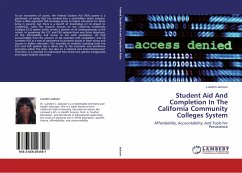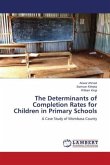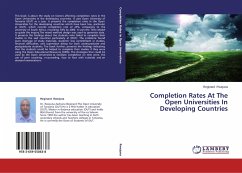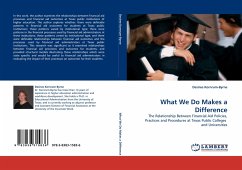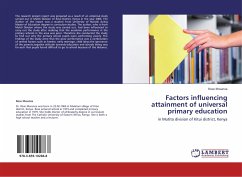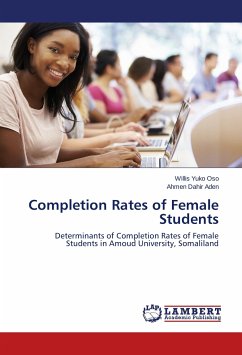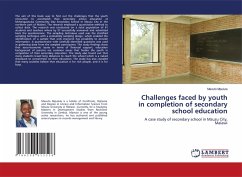As an instrument of access, the Federal Student Aid (FSA) system is a patchwork of policy that has evolved into a multi-billion dollar industry. There is little argument FSA increases access to higher education for those living in poverty, but there is a dearth of knowledge on its impact to completion rates. This research focuses on the California Community Colleges (CCC) system which enrolls a quarter of all undergraduates in the nation. In examining the CCC and FSA systems there was three objectives: (1) link affordability and access to aid with completion, (2) find accountability from the amount of aid awarded with completion, and (3) correlate FSA as a tool of persistence to promote equity in both access and success in higher education. The enormity of students accessing both the CCC and FSA systems has a direct link to the economic and workforce outcomes within the state, but also on a national and international level. Therefore, it is essential to understand how these two systems amalgamate and impact student outcomes.
Bitte wählen Sie Ihr Anliegen aus.
Rechnungen
Retourenschein anfordern
Bestellstatus
Storno

